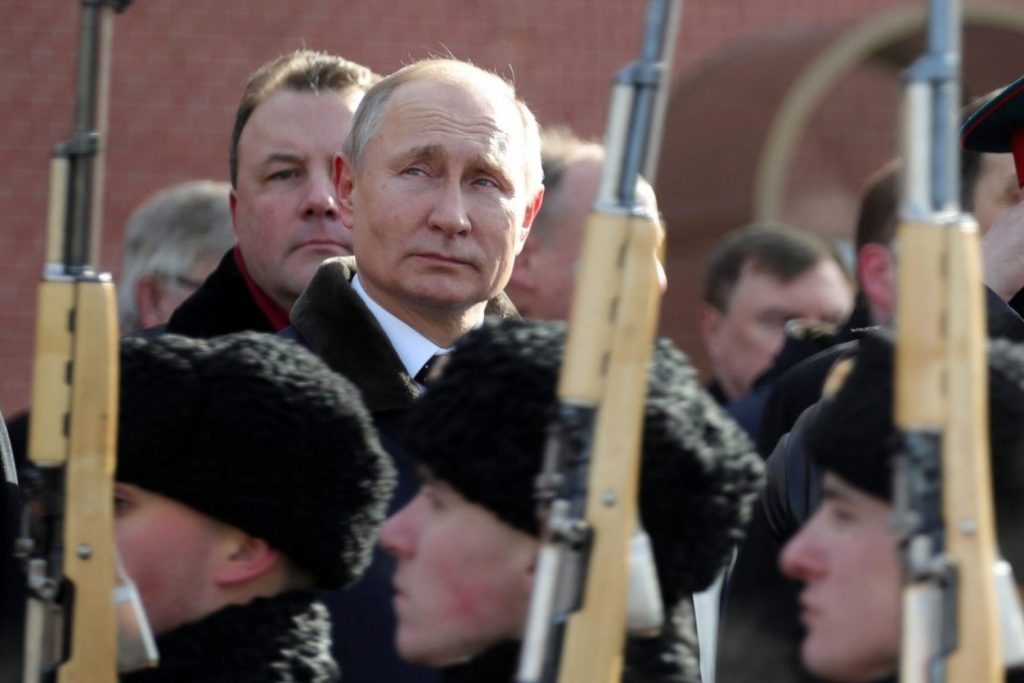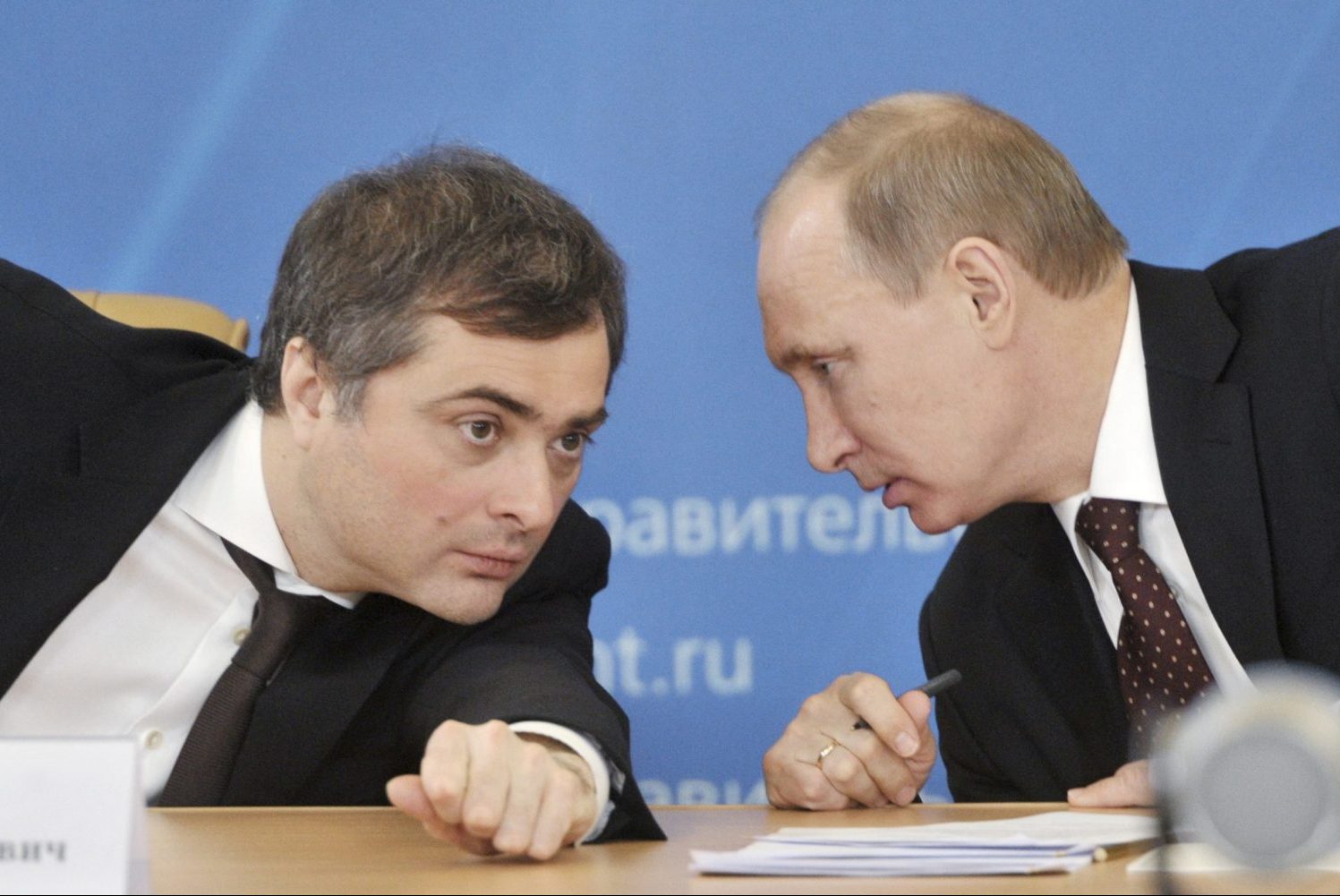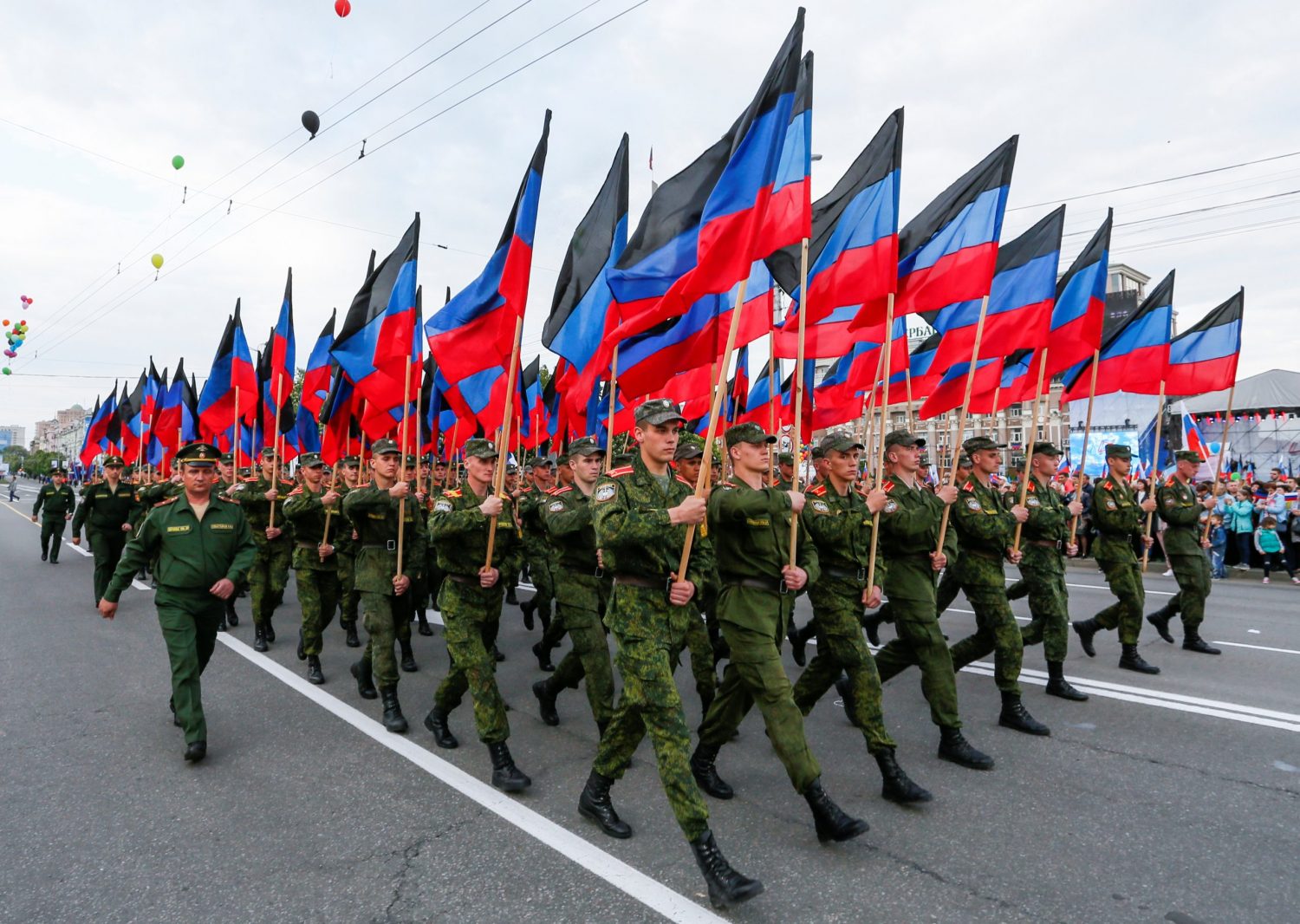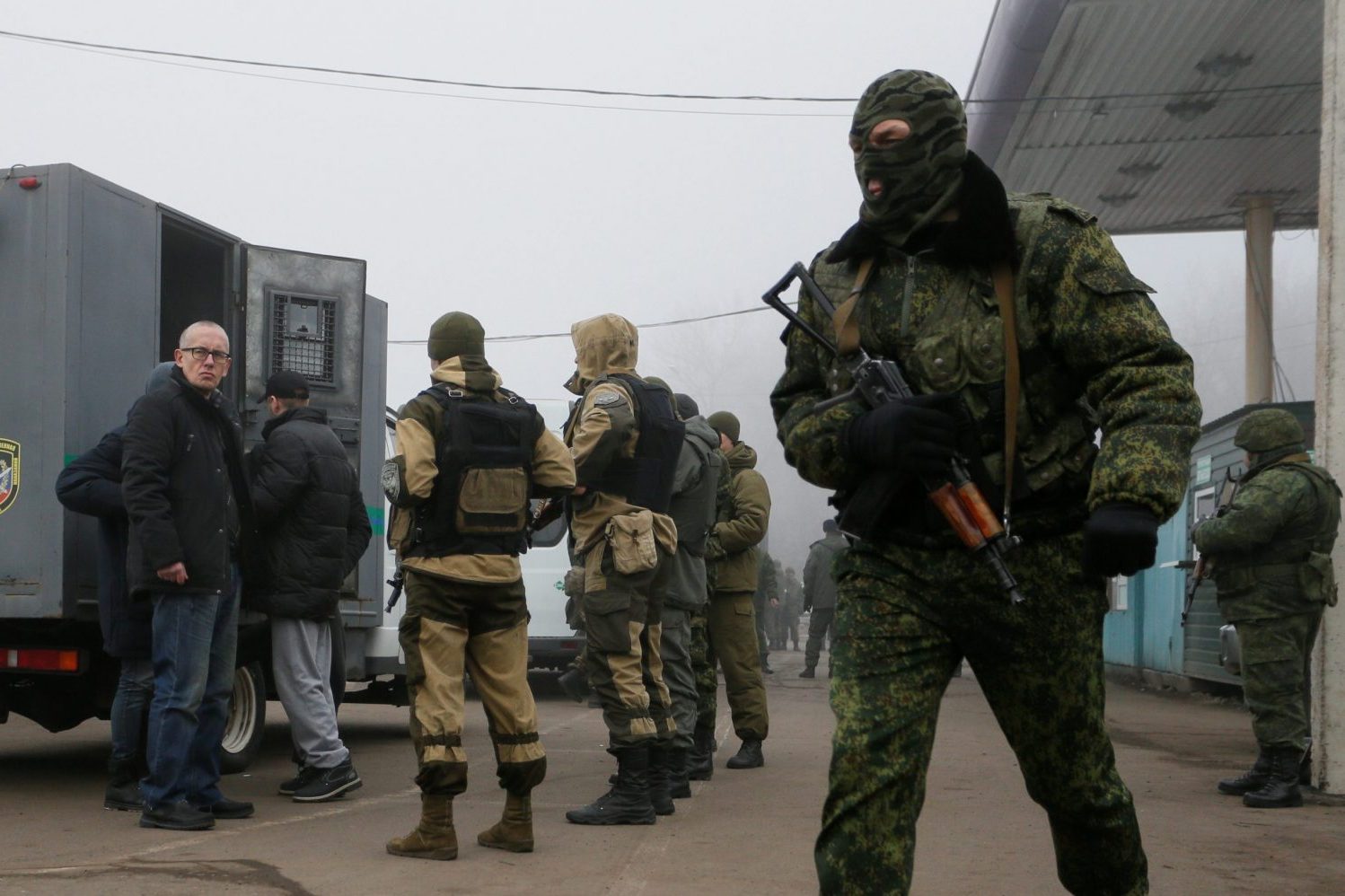Six years since the Russian occupation of Crimea and the outbreak of hostilities in eastern Ukraine, the Putin regime still adamantly sticks to its mantra of Crimean “self-determination” and civil war in Ukraine. By definition, politicians should be ready for compromise. However, when 14,000 lost human lives in eastern Ukraine or the 298 victims of the MH17 attack are at stake, the question of accountability should prevail. Who is responsible for all these tragedies? Can Russian President Vladimir Putin enjoy impunity?
According to Russia’s own narrative, they “protect the Russian-speaking population of Ukraine from Ukrainian nationalists”. In one of his most recent interviews, Putin said Russians and Ukrainians “are one nation”. Meanwhile, Putin’s ex-advisor Vladislav Surkov, the architect of the Donbas war according to his former US counterpart in negotiations Kurt Volker, stated in February 2020, “forceful coercion to establish brotherly relations is the only method that has historically proven effective in relation to Ukraine.” As a result of this “protection”, we continue to lose lives in eastern Ukraine. “Brotherly coercion” has brought violence and flooded the world with lies, disinformation and propaganda.
The Russian writer Aleksandr Solzhenitsyn once said, “Violence has no way to conceal itself except by lies, and lies have no way to maintain themselves except through violence.” In early March 2020, the Prosecutor during the preliminary hearings in the MH17 case at the Hague district court quoted Solzhenitsyn’s words and stressed, “when hundreds of innocent people are killed, a world that doesn’t take the trouble to establish the truth and punish the guilty sends the message that its people are fair game. Establishing the truth in this case can help prevent fresh violence in the future.”
The truth is that ever since 2014, Russia has controlled the so-called separatist republics of eastern Ukraine and has been conducting a reign of terror where nobody is safe. For example, the United Nations Office of the High Commissioner for Human Rights (OHCHR) wrote that the rule of law in eastern Ukraine has been replaced by the rule of violence and grave human rights abuses have been committed.
Russia brought terror to Ukrainian soil not only by supplying weapons, ammunition, and financial support to the rebels, but also through direct military engagement between the Russian armed forces and those of Ukraine. The International Criminal Court has confirmed the existence of an international armed conflict in Eastern Ukraine dating from July 14, 2014 at the latest. Moreover, the evidence presented at the MH17 trial clearly shows that the Russian security services are also closely involved in the armed conflict in Ukraine and, in particular, the downing of flight MH17.
Stay updated
As the world watches the Russian invasion of Ukraine unfold, UkraineAlert delivers the best Atlantic Council expert insight and analysis on Ukraine twice a week directly to your inbox.
The beginning of the MH17 trial in the Netherlands coincided with the most recent meeting of the Trilateral Contact Group in Minsk, where the creation of a so-called Advisory Council was announced. While the MH17 court case aims to separate the truth from lies and punish the guilty, this Advisory Council, if created in the currently proposed format, will help to legitimize Russian proxies as “official representatives” and empower them with official status.
The “legitimization” of Russia’s puppets in eastern Ukraine has always been promoted by Moscow in order to support its narrative of an “internal conflict” in Ukraine. If this legitimization is allowed to take place, it will help Putin achieve his main goal of returning Donetsk and Luhansk regions to Ukraine while maintaining control over them and avoiding any responsibility for the war. It would also help Moscow regain control over the whole of Ukraine by exerting direct influence on its foreign policy and decision-making processes, ultimately depriving Ukraine of its sovereignty. This scenario has already been partially implemented in Moldova through efforts to incorporate the breakaway Transnistria region on Putin’s terms.
The truth of Russian aggression in Ukraine is plain to see. This presents a direct threat to those responsible for the violence in eastern Ukraine and the occupation of Crimea. Court hearings on MH17, along with terrorism financing proceedings initiated by Ukraine against Russia at the International Court of Justice, will make publicly available facts and evidence of crimes committed by Russia as a state, by its citizens, and by public officials.
In order to avoid accountability, the Russian leadership is making tremendous efforts to discredit the results of the numerous investigations currently underway. Despite being the instigator of a hybrid war against Ukraine and party to the conflict in eastern Ukraine, Moscow is trying to reinvent itself as an observer, or even more hypocritically, as a mediator of what it insists is an “internal conflict” in Ukraine. This change in status could lead to the lifting of sanctions, impunity for all losses caused by the war in eastern Ukraine and, most dangerous of all, the aggravation of the security situation in Ukraine.
Eurasia Center events

Even these days, when the whole world is united in fighting the coronavirus outbreak, Russian-led forces in eastern Ukraine continue shelling both the Ukrainian armed forces and residential areas, while blocking access to OSCE monitors and humanitarian organizations. At the same time, Russian Foreign Minister Lavrov is cynical enough to urge the West to lift sanctions against Russia because of the pandemic.
For the Putin regime, survival is the overriding priority. It uses all possible instruments in pursuit of this goal, from “managed” democracy in Russia, to exploitation of the Soviet role in WWII, to hastily drafted amendments to the Russian Constitution, to “controlled” destabilization in Ukraine as well as other countries and entire regions. This makes the strategy of appeasing the Kremlin extremely dangerous. It could lead to the virus of Russian hybrid aggression spreading into the social and political fabric of other European countries.
Ever since the end of the Cold War, the international community has worked to establish important markers in the fight against impunity. International justice should be unavoidable, even for a permanent member of the UN Security Council like the Russian Federation. Putin’s regime must pay the price for bringing war to Ukraine or other countries will face a similar fate.
Olena Zerkal is the former Deputy Foreign Minister of Ukraine (2014-19).
Further reading
The views expressed in UkraineAlert are solely those of the authors and do not necessarily reflect the views of the Atlantic Council, its staff, or its supporters.

The Eurasia Center’s mission is to enhance transatlantic cooperation in promoting stability, democratic values and prosperity in Eurasia, from Eastern Europe and Turkey in the West to the Caucasus, Russia and Central Asia in the East.
Follow us on social media
and support our work
Image: For the past six years, Russian President Vladimir Putin has consistently denied waging war in Ukraine. Unless he is brought to justice, other countries may also face Ukraine's fate, argues former Ukrainian Deputy Foreign Minster Olena Zerkal. (Photo: Sputnik/Mikhail Klimentyev/Kremlin)




